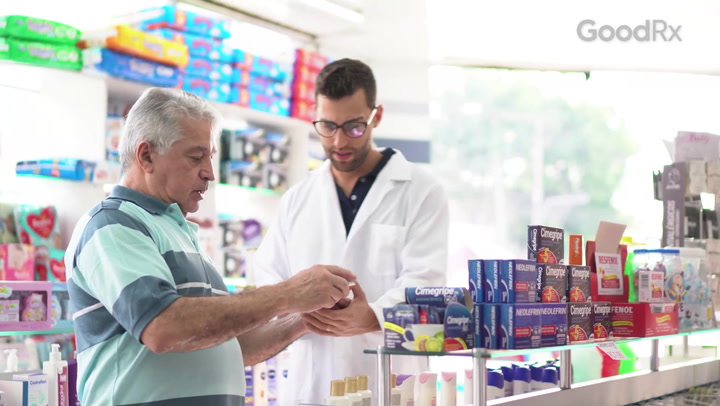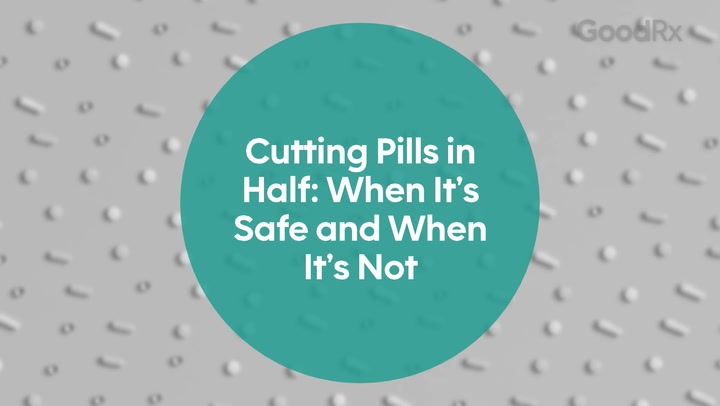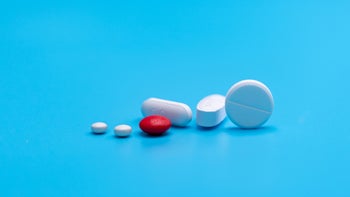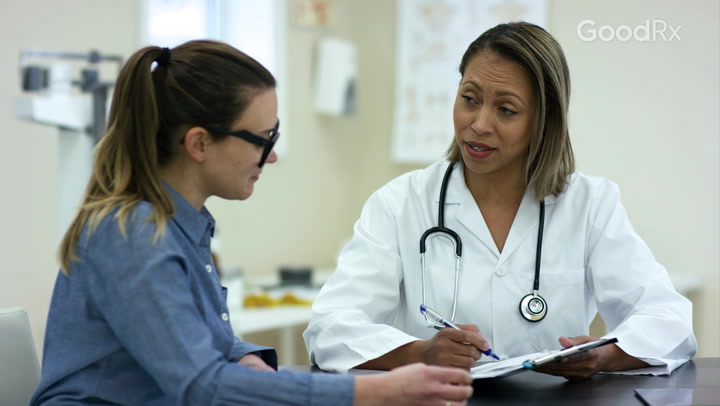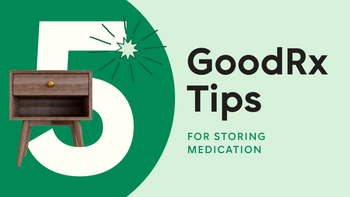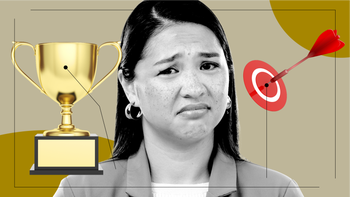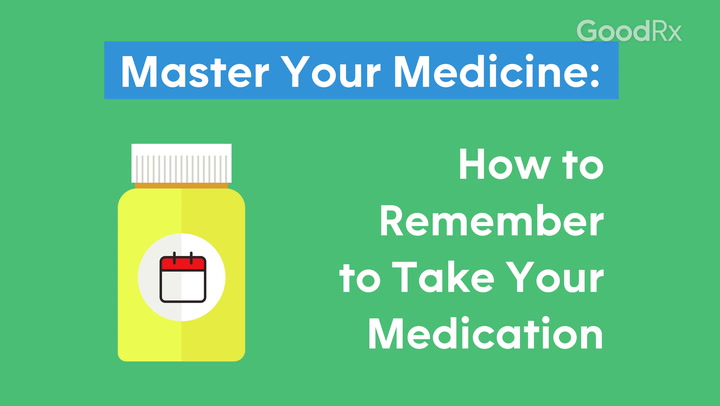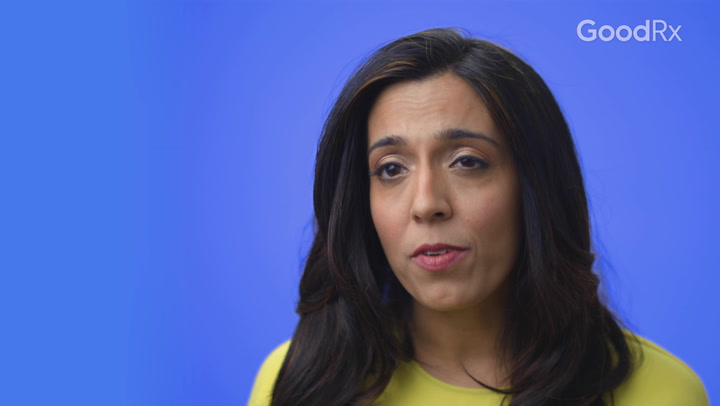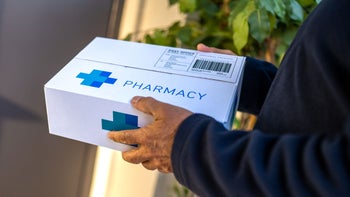
Can I Recycle My Empty Prescription Bottles?
Key takeaways:
In most cases, you shouldn’t put empty prescription bottles in curbside recycling.
Still, there are other ways to recycle or reuse these bottles and keep them out of the landfill.
These include finding specialized recycling programs and reusing cleaned bottles for other purposes.
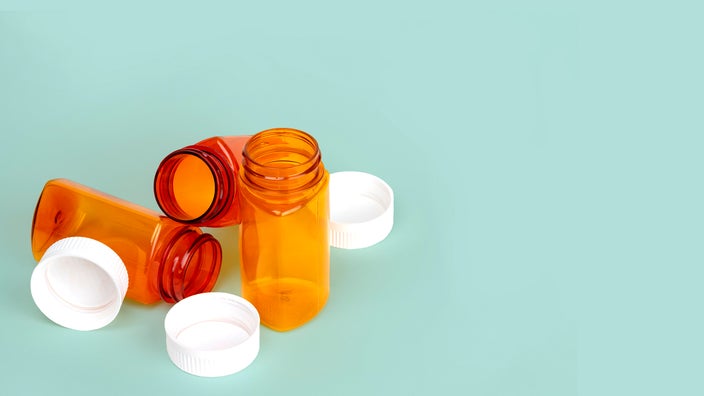
Americans fill over 4 billion prescriptions per year, begging the question, “What happens to all the empty prescription bottles?” The answer is a bit complicated as most curbside recycling programs generally do not accept these plastic bottles. Still, there are other ways to recycle them properly and keep them from piling up in the landfill.
Here, we’ll go over how to recycle, or upcycle, your empty bottles properly.
Can I recycle empty prescription medication bottles?
Every municipal recycling facility has different criteria for what it will and won’t accept for recycling — an issue that leads to a lot of confusion around recycling. While you should contact your local recycling facility to see if they are an exception, curbside recycling programs generally do not accept prescription medication bottles.
Search and compare options
These bottles — we’re primarily talking about the translucent orange containers that come with a white, child-proof lid — are usually made of polypropylene, a recyclable plastic marked by #5. Despite being made of recyclable material, most recycling systems are unable to recycle them properly because of their small size.
What are my options for recycling prescription medication bottles?
While your curbside pickup most likely does not recycle plastic #5, some programs specifically handle this tricky material.
To find a recycling program near you that accepts #5 plastic, you can search on the Recycle Nation website. You can narrow your search by putting in your zip code and selecting the type of waste you’re looking to dispose of (in this case, plastic #5 or polypropylene). You can also use the U.S. Drug Enforcement Administration to find a drop-off center.
Gimme 5, a program run by Preserve, allows you to mail in #5 plastics, including empty bottles, dairy containers, and takeout bins, to the program to recycle responsibly. While Gimme 5 was paused during the height of the COVID-19 pandemic, there are plans to revive the program in September 2021. You can check the program website for details.
Other programs will collect used bottles and repurpose them. One such program, Matthew 25: Ministries, which is based in Cincinnati, accepts your mailed-in bottle donations. You can find instructions on the organization’s website.
Some animal shelters may also accept your used bottles. You can contact your local ASPCA to see if they’re in need. Similarly, consider reaching out to local clinics and homeless shelters, as some accept bottle donations.
Some Walgreens and CVS locations offer medical disposal kiosks, but there is no universal system in place. You might also consider asking your local pharmacy to invest in a drop-off or recycling program.
How to prepare bottles for recycling
Some drop-off centers will accept both the bottles and the unused medication it contains, but you’ll want to check the specific guidelines first. When in doubt, remove the medication from the container and dispose of it according to FDA guidelines. Then, rinse out and dry the plastic container to ensure there’s no leftover residue.
You’ll also want to remove the sticker label that contains your personal information from the bottle. It’s best to remove the sticker entirely, but if this isn’t possible, scratch out the information with a permanent marker.
You’ll want to take these steps, whether you’re putting them in the trash, bringing them to a drop-off center, or donating them.
You might also consider requesting a 90-day supply of your prescription; some pharmacies are able to provide these in one larger bottle, which will reduce the number of bottles you use over time.
Can I repurpose bottles? If so, how?
Oh yeah! If you want to repurpose your empty bottles, you absolutely should. Many creative people have found clever ways to reuse these bottles.
Once the bottles are clean, you can use them for many uses. Some popular repurposing ideas include:
Container for jewelry, makeup, spare buttons, and other knickknacks
Travel-sized container for shampoo, conditioner, lotion, and soap
Cotton swab container
Bobby pin container
Portable sewing kit
Coin holder
Earbud holder
Seed storage
Are there alternatives to plastic prescription medication bottles?
Polypropylene bottles are still the most widely-used container for prescription medications, but groups of environmentally conscious people have been working toward developing alternatives.
One promising alternative is the Prescription Paper Pill Bottle, a 100% compostable and biodegradable option designed by Tikkun Olam Makers. Another is ECOvials, a plant-based prescription vial.
What about the actual medication?
Expired and unused medications are best disposed of through a take-back program, according to the FDA.
You can check with your local pharmacy about its on-site drop-off programs or mail-back programs to safely dispose of your unused medications. You can also use the U.S. Drug Enforcement Administration’s search tool to find a drop-off location near you.
If you can’t find a convenient way to drop off or mail back unused medications, the FDA recommends disposing of unused or expired prescription and over-the-counter medications in your household trash.
To do this properly, remove the substance from its container and mix it with another material, such as coffee grounds or spoiled food to make the item undesirable. You should dispose of the container separately, making sure to hide your personal information.
There are certain medications that the FDA recommends flushing down the toilet. The FDA’s flush list will help you determine whether a specific medication is OK to flush.
For more information on how to dispose of expired or unused medications, check out our guide here.
The bottom line
While there are ways to dispose of your prescription medication bottles in a way that considers the environment’s health, the methods are somewhat complicated. It’s important to follow FDA guidelines around disposing of both bottles and the medications they contain. Repurposing prescription bottles at home is a great way to keep them out of the landfill.
Why trust our experts?


References
American Society for the Prevention of Cruelty to Animals. (n.d.). ASPCA.
Clio Awards. (2021). Tikkun Olam Makers: TOM - the prescription paper pill bottle.
CVS Pharmacy. (n.d.). Safer communities.
Fields, L. (2012). Can I recycle my medication bottles? Consumer Reports News.
Innovative Bottles. (n.d.). ECO vials.
Matthew 25 Ministries. (n.d.). Pill bottle donations.
Preserve. (n.d.). Gimme 5 overview.
Preserve. (n.d.). Preserve.
RecycleNation. (n.d.). Find a recycling location.
Sabanoglu, T. (2021). Total number of retail prescriptions filled annually in the United States from 2013 to 2025. Statista.
Tikkun Olam Makers. (n.d.). TOM global.
U.S. Department of Justice. (n.d.). Controlled substance public disposal locations - search utility.
U.S. Food and Drug Administration. (2020). Disposal of unused medicines: What you should know.
U.S. Food and Drug Administration. (2020). Drug disposal: FDA’s flush list for certain medicines.
U.S. Food and Drug Administration. (2021). Where and how to dispose of unused medicines.
Walgreens. (n.d.). Safe medication disposal - dispose of unused medication.
Was this page helpful?
Related Articles
Browse medications
View AllResearch prescriptions and over-the-counter medications from A to Z, compare drug prices, and start saving.







